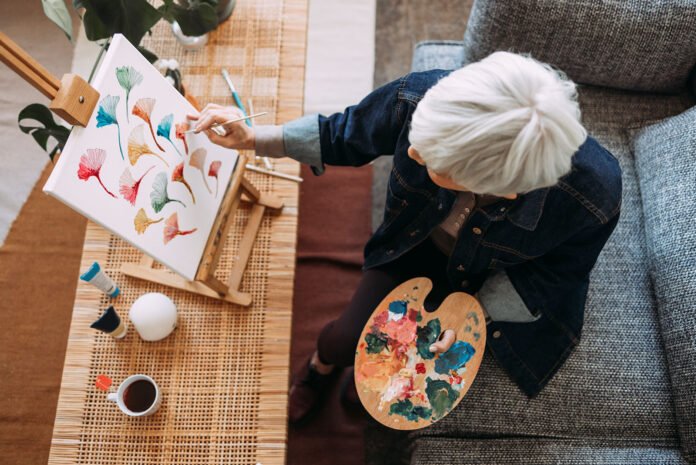Art therapy has emerged as a powerful tool in promoting mental well-being, offering a creative outlet for individuals grappling with various mental health challenges. Recent research highlights the profound benefits of art therapy across a spectrum of conditions, including trauma, eating disorders, schizophrenia, dementia, and autism.
Studies indicate that art therapy facilitates enhanced mental health outcomes among individuals who have endured trauma. Through artistic expression, individuals can delve into their emotions, process their experiences, and find healing in a supportive and non-verbal environment. Similarly, those struggling with eating disorders have found solace and self-expression through art therapy, enabling them to confront and overcome their challenges.
For individuals living with schizophrenia, art therapy serves as a valuable adjunct to traditional treatment modalities. Engaging in artistic activities helps individuals manage symptoms, express themselves creatively, and foster a sense of empowerment and agency over their condition. Moreover, art therapy has shown promise in enhancing cognitive function and emotional well-being among individuals living with dementia, providing a means of communication and connection in the face of cognitive decline.
Children with autism spectrum disorder (ASD) have also benefited from art therapy interventions. Through creative expression, children with ASD can develop social skills, improve communication abilities, and regulate their emotions. Art therapy offers a safe and structured environment for children to explore their interests, preferences, and emotions while fostering self-confidence and self-awareness.
Art therapy is not merely a form of self-expression; it is also a means of communication and connection. Through art, individuals can convey complex emotions, experiences, and inner struggles that may be difficult to articulate verbally. This non-verbal mode of expression enables therapists to gain insight into their clients’ inner worlds, facilitating deeper understanding and empathy.
Moreover, art therapy fosters a sense of empowerment and agency among individuals struggling with mental health issues. By engaging in creative activities and witnessing their artistic creations take shape, individuals experience a sense of mastery and accomplishment. This sense of achievement can be particularly empowering for those grappling with feelings of helplessness or inadequacy.
Furthermore, art therapy encourages individuals to explore new perspectives and possibilities. Through experimentation with different artistic mediums and techniques, individuals can challenge preconceived notions, break free from limiting beliefs, and discover new ways of seeing themselves and the world around them. This process of exploration and discovery can be profoundly transformative, leading to increased self-awareness and personal growth.
As the field of mental health continues to evolve, art therapy is gaining recognition as a valuable adjunct to traditional treatment approaches. Its ability to engage individuals on multiple levels—emotionally, cognitively, and spiritually—makes it a versatile and effective intervention for addressing a wide range of mental health concerns. By harnessing the innate creative potential within each individual, art therapy offers a pathway to healing, self-discovery, and resilience.

